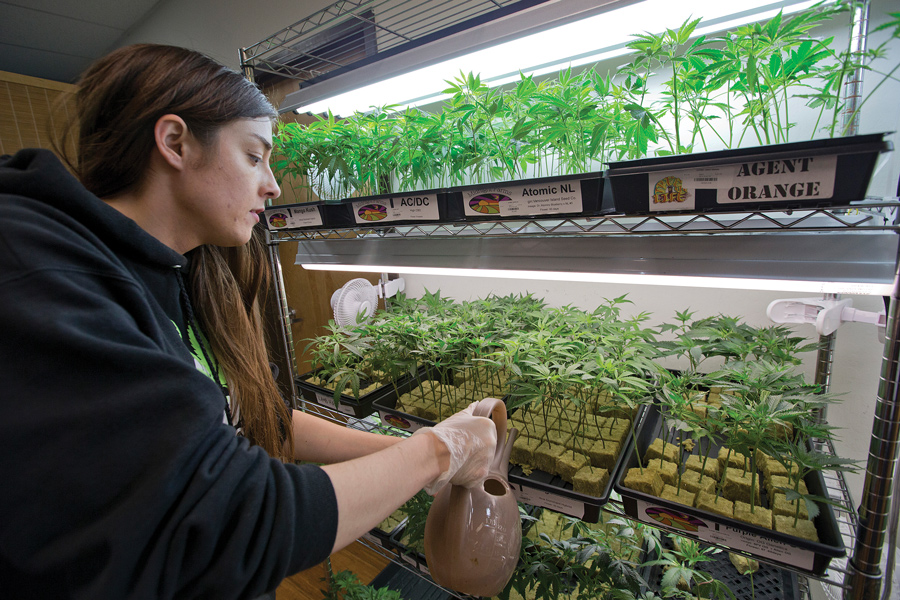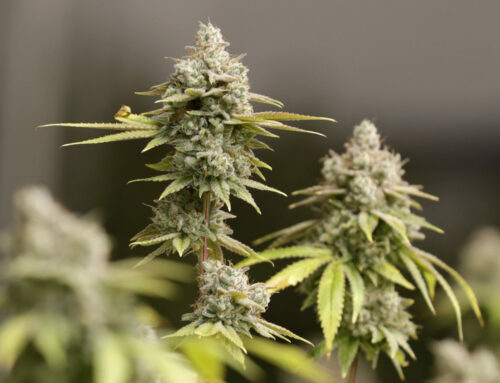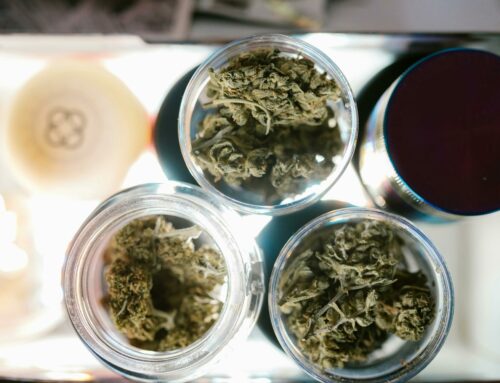Illinois Social Equity License Winners Face Challenges in Opening Cannabis Shops
ILLINOIS– The 55 winners of the upcoming Illinois social equity license lottery, set to be announced on Thursday, may encounter difficulties in successfully launching their cannabis businesses. Historical data indicates that only a fraction of previously awarded social equity licenses have managed to open their doors for business. The Illinois Department of Financial and Professional Regulation revealed that as of January, out of 192 social equity retailers granted licenses last year, only three were operational, with a total of 113 adult-use shops serving customers.
Recent figures from the IDFPR indicate a marginal increase in operational stores, bringing the total to 137, including 27 social equity retailers. This leaves 165 social equity dispensaries yet to commence operations. The sluggish progress can be attributed, in part, to the challenges faced by license holders in securing the necessary funding. According to Michael Mayes, a consultant at Chicago-based firm Quantum 9, the cannabis industry is experiencing a decline in available investment compared to previous years. Many of these licenses were initially expected to be quickly sold off, but the current climate has hindered those plans.
Mayes noted that certain social equity permits have already been sold on the secondary market, with prices ranging between $1.5 million and $3 million. However, these transactions are primarily concentrated in the Chicago region, where licenses hold greater value. In contrast, licenses in more rural parts of the state are valued significantly lower. While selling licenses for a profit remains an option for both last year’s winners and this year’s prospective license holders, the financial obstacles remain daunting.
Opening a new cannabis store in Illinois can cost between $650,000 and $1.5 million, depending on the location, as estimated by Mayes. For true social equity applicants, who often lack significant personal wealth and rely on investors or financial backers, achieving this financial goal proves arduous. Complicating matters further, Illinois social equity regulations prohibit investors from assuming majority ownership in new retail businesses. Consequently, many investors are discouraged from injecting substantial funds into Illinois cannabis companies due to their limited control.
Mayes explained that investors who contribute over $1 million to a startup project typically seek significant control, which conflicts with the desire of social equity licensees to retain their authority. As a result, investors may redirect their funds elsewhere, leaving social equity retail permit winners without adequate financial backing. Consequently, these licenses may remain dormant until suitable buyers emerge. Reports suggest that some of the 88 craft grow permits awarded last year have already been sold for less than $1 million each, as this particular group of licensees faces similar challenges in raising funds. Additionally, only a small fraction of these growers, fewer than five, have managed to commence business operations, largely due to financial constraints.
As the lottery winners await the announcement of their social equity licenses, they must confront the formidable financial barriers that lie ahead. While Illinois continues to promote social equity in the cannabis industry, the obstacles posed by fundraising and investment restrictions present significant hurdles for aspiring entrepreneurs. Only time will tell if the upcoming winners can navigate these challenges and join the ranks of operational cannabis businesses in the state.



































